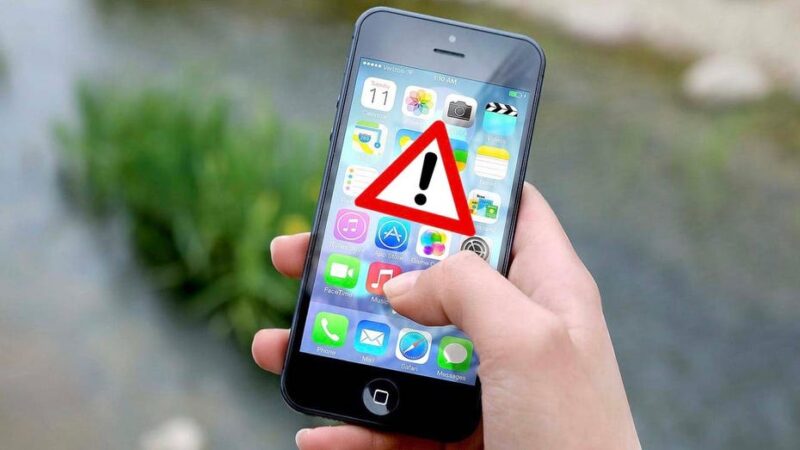What to Do When Your iPhone Claims You Have 14 Viruses

While iPhones are known for their robust security features, they are not completely immune to potential threats. Although they are generally considered safer than Android devices, no device is entirely invulnerable. This reality was highlighted by a recent inquiry from a concerned user, “Pam” from Mesa, Arizona, who reported, “My iPhone says I have 14 viruses. What program can I install to help with my phone? How can I make my phone safe?”
In this article, we will explore the reasons behind such alarming notifications and provide practical advice for securing your device.
Understanding the Virus Alert
Pam’s experience is not unique. Many users receive strange messages suggesting their devices are infected with viruses. However, it is crucial to understand that these notifications can stem from various sources, and often, they may not indicate a genuine threat. Here are some common explanations:
1. Pop-Up Ads
Often, users might encounter pop-up ads while browsing the internet that falsely claim their iPhone is infected. These ads can manipulate users into believing they need to take immediate action, which can lead to further complications.
2. Deceptive Apps
Some scammers create fake applications that display alarming alerts about viruses or malware. These apps aim to trick users into downloading them or purchasing unnecessary services to “resolve” these fictitious problems.
3. Phishing Scams
Alerts claiming your device is infected could also be part of a phishing scam through emails or text messages. Clicking on links or calling provided numbers may lead you to scammers who could exploit your personal and financial information.
Steps to Protect Your iPhone
Even though iPhones are designed to resist many cyber threats, it is still essential to take proactive measures to safeguard your device. Here are several key strategies to enhance your iPhone’s security:
1. Keep Your iPhone Updated
Apple frequently releases iOS updates to address known vulnerabilities. Regularly updating your device is crucial to protect it against emerging threats.
2. Install Reliable Antivirus Software
Having a reputable antivirus program can significantly enhance your iPhone’s security. Such software can help prevent accidental clicks on malicious links and protect your personal information from being compromised.
3. Download Apps Only from the App Store
To minimize risks, always download applications from the official Apple App Store. Apps available here undergo a vetting process to ensure their security and reliability.
4. Enable Two-Factor Authentication (2FA)
Adding 2FA to your Apple ID can provide an extra layer of security. This way, even if someone obtains your password, they will need a second form of verification to access your account.
5. Use Strong, Unique Passwords
Create strong and unique passwords for all your accounts. Consider utilizing a password manager to keep track of your credentials securely.
6. Monitor App Permissions
Regularly review the permissions granted to your applications. Revoke any permissions that seem excessive or unnecessary to limit access to your personal data.
Staying Alert Against Scams
Despite the inherent security of iOS, users must remain vigilant against potential scams trying to exploit weaknesses. Remember, Apple does not send alerts about viruses or malware to iPhone users. Thus, if you receive such a notification, it should raise a red flag. The only legitimate alerts will come from your installed antivirus software.

